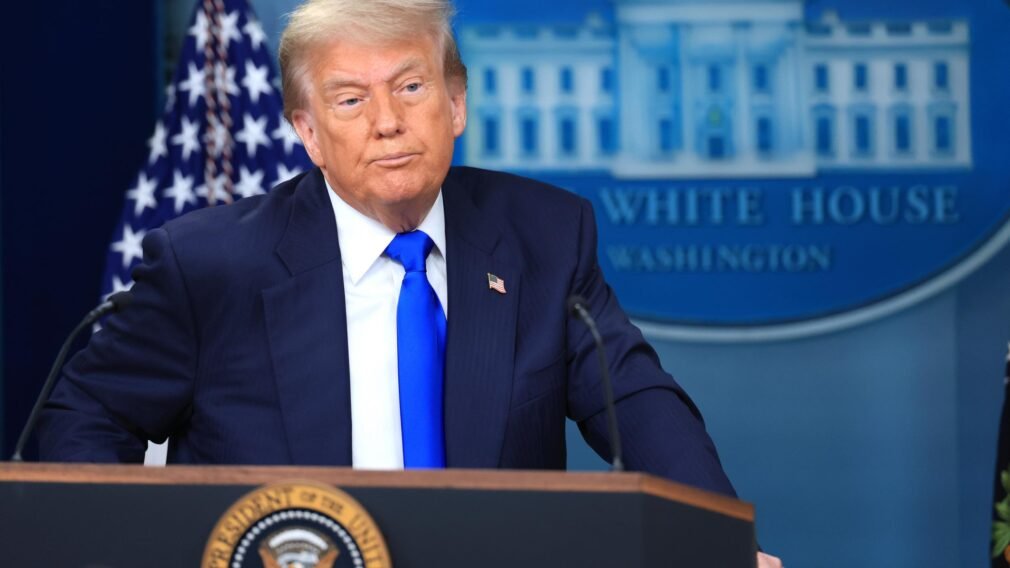Trump’s One Big Beautiful Bill Could Hit Gambling Industry Hard
President Trump’s “One Big Beautiful Bill” (OBBB), passed by the Senate in 2025, introduces a tax provision limiting gambling loss deductions.

A Tax Hit for Gamblers
Currently, gamblers can deduct 100% of losses against winnings, provided losses don’t exceed gains. However, the OBBB caps deductions at 90%, creating a tax liability even for break-even players.
For example, a bettor winning $100,000 and losing $100,000 would owe taxes on $10,000. Poker pro Phil Galfond highlighted a case where a $5.2 million win with $5 million in losses, netting $200,000, would be taxed as $700,000 in income.
“This could end professional gambling,” Galfond warned. Fellow pro Doug Polk echoed this, urging the poker community to oppose the bill, as it impacts casual players too. This tax shift may drive bettors to unregulated offshore platforms.
Meanwhile, event futures markets under the Commodity Futures Trading Commission, treated as investments, also dodge these rules, tempting pros to shift there.
Ripple Effects on Casinos and Racing
The OBBB’s impact extends beyond players to industries like casinos and horse racing. Tom Rooney, CEO of the National Thoroughbred Racing Association, warned that betting revenue for racetracks could plummet, especially in states dependent on wagering income.
Jordan Bender, a Citizens analyst, noted that players might turn to illegal markets, hurting regulated venues like Las Vegas casinos.
The provision aims to generate $1.14 billion in federal revenue from 2026 to 2034, but it risks jobs in gaming hubs. For instance, Nevada’s $15 billion casino industry relies on both pros and recreational bettors.
Nevada Congresswoman Dina Titus called the provision “a direct hit on Las Vegas” on X, arguing it punishes honest taxpayers who report gambling income.
“It’s driving them to offshore sites that don’t pay state taxes or support our economy,” she told the Review-Journal. Alongside casino owner Derek Stevens, Titus is pushing an amendment to remove the clause or plans standalone legislation to reverse it.
Recommended
